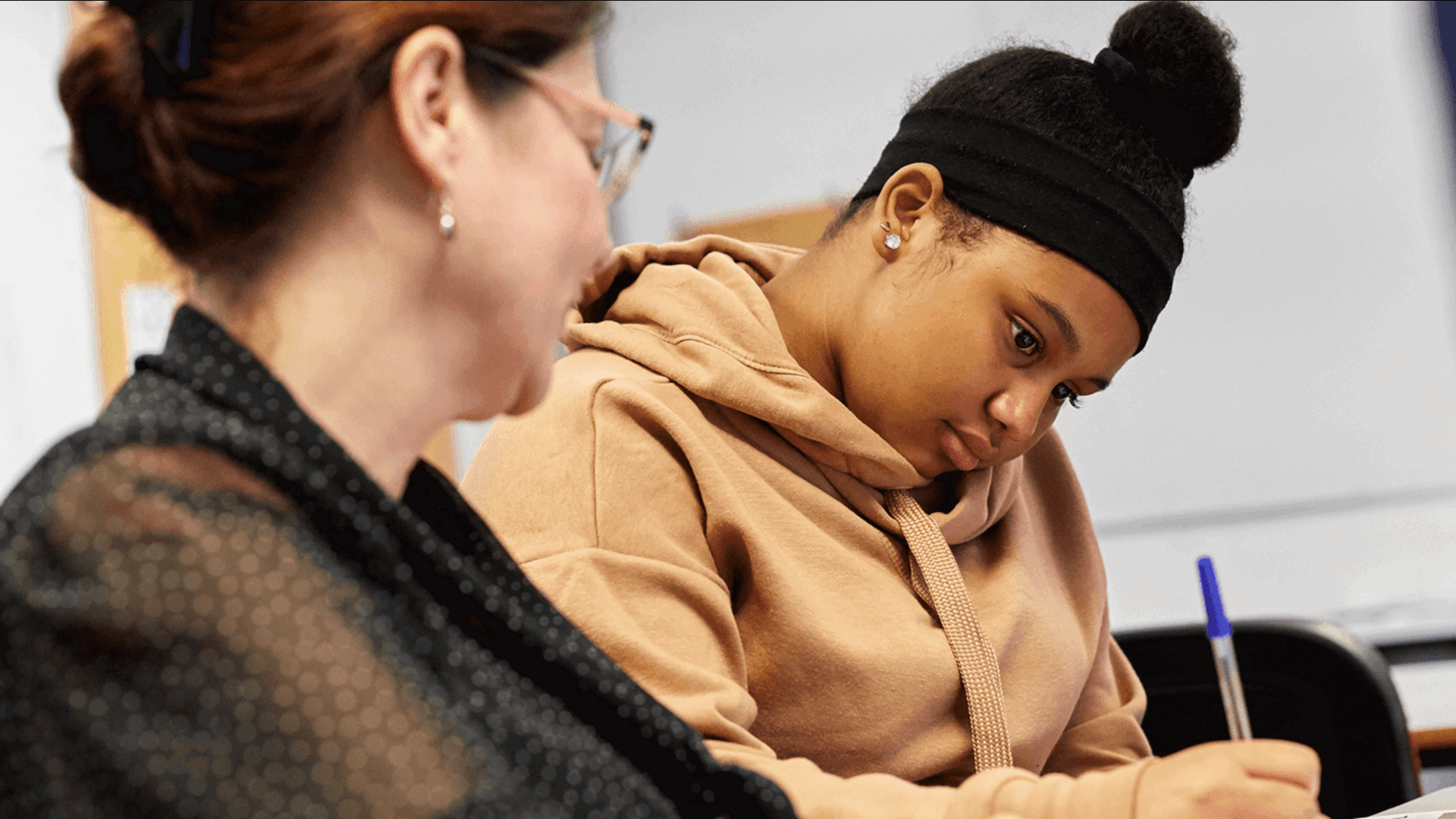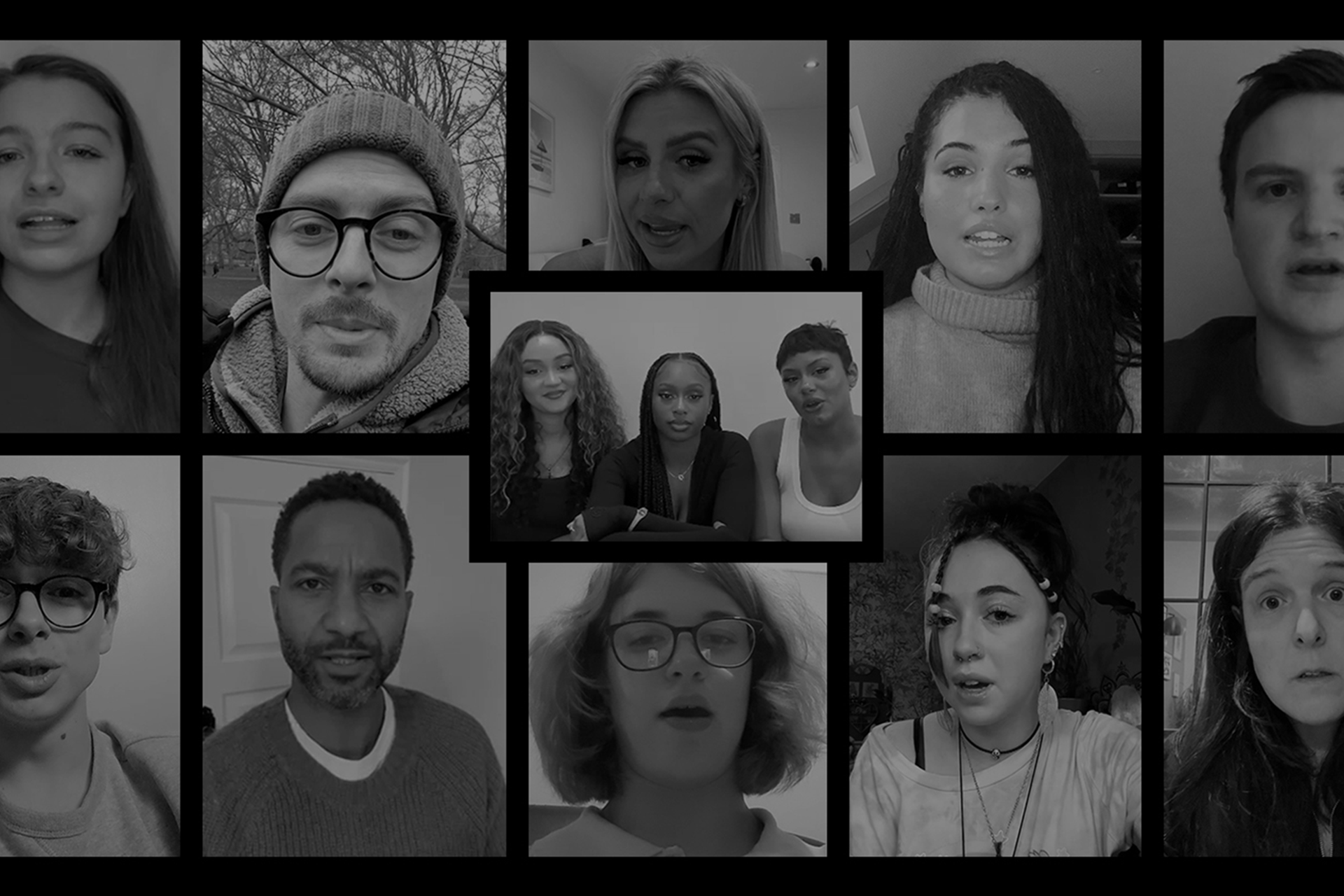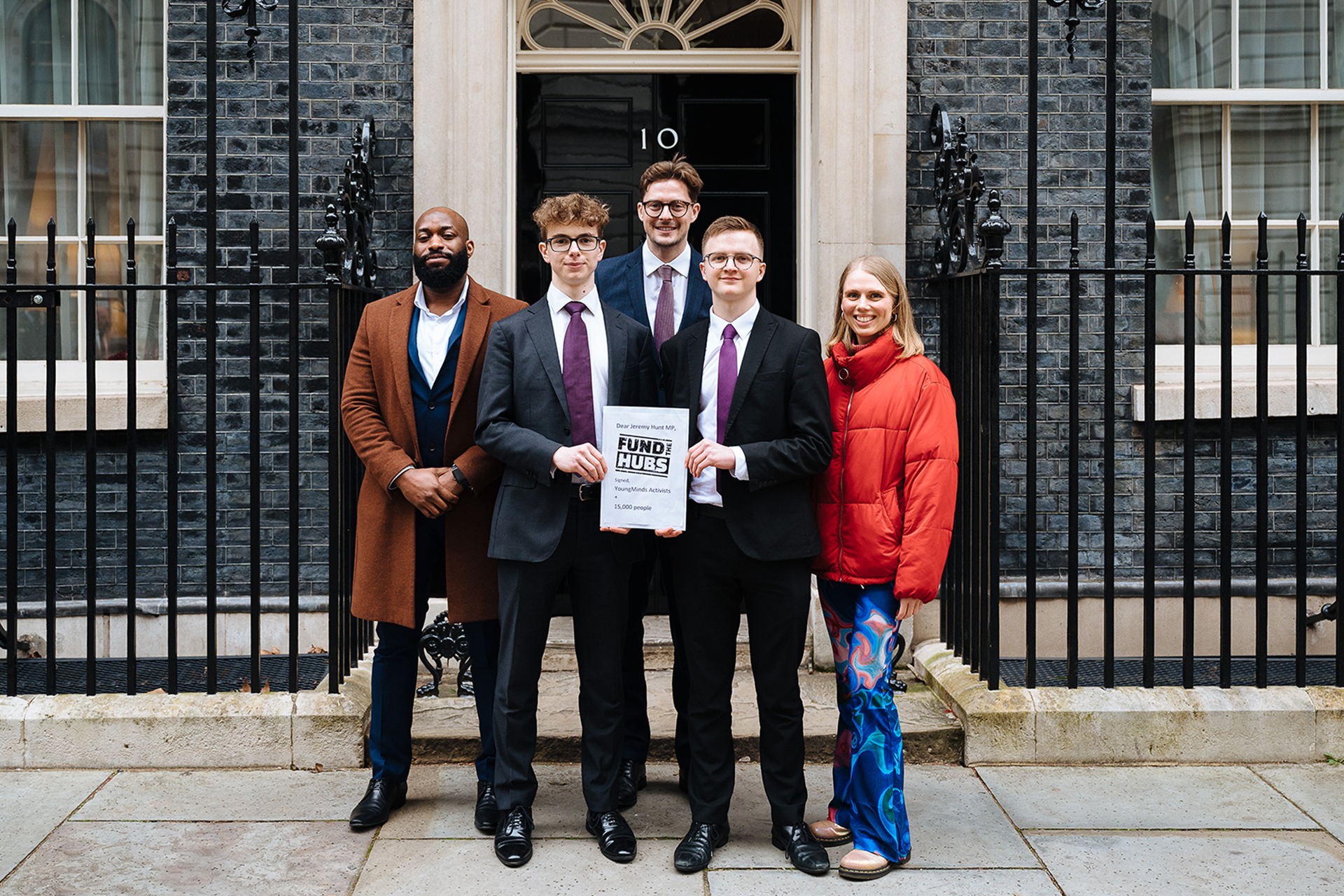Topic: Coronavirus and mental health
The results of a survey with teachers and school staff into the impact of the coronavirus and the subsequent lockdown on young people’s mental health have been published today, revealing the significant concerns staff have for the wellbeing of their pupils as we emerge from the pandemic.
Mental health charity YoungMinds carried out the survey [1] with 1,135 teachers and members of school or college staff [2] between Friday 15th May and Monday 1st June in the lead up to schools re-opening to a larger number of students.
The results show that:
- 74% of respondents agreed that schools being closed to most students over the period of lockdown has had a negative impact on the mental health of young people.
- 88% of respondents agreed that a lack of structure and routine has had an effect on student wellbeing, while79%thought that increased anxiety stemming from the pandemic has had an effect.
- 73% of respondents reported concern about young people spending more time in unsuitable home environments over the course of the lockdown period and as schools gradually reopen.
- 78% of respondents reported that additional pastoral support, such as in-school counselling, would be helpful, in order to support children as they return to school.
The results of the survey are being published as schools gradually welcome more pupils back into the classroom, after months of living and learning at home.
YoungMinds warns that there will be a rise in young people who need some form of mental health support as a result of the pandemic. The charity is concerned that many schools may lack the necessary resources to meet the demand, especially when thresholds for referrals to NHS support are often high.
Emma Thomas, Chief Executive of YoungMinds, said:
“We know that the coronavirus pandemic has had a profound impact on the lives of millions of children and young people across the country. In some cases, they have been through traumatic experiences at home, witnessing abuse or the deaths of friends and family, while others have struggled with missing friends, losing the structure of school or no longer being able to access the support they rely upon. If we don’t support young people now, the long-term impact could be huge.
“While returning to school is likely to be positive for many young people’s mental health, the readjustment following a long break and the changes schools are having to make to their environment and timetables will be very challenging for many. Schools need to be able to make wellbeing their top priority now and through the Autumn term, and need government support to help them to do that.
“We know that around a third of schools currently do not provide school-based mental health support, and that many young people who are struggling to cope may not meet the criteria for NHS mental health services in their area. That’s why we are calling on the Government to provide ring-fenced funding to ensure that schools can bring in extra support where it’s needed to help pupils and parents.” [3]
10,000 people have so far signed YoungMinds’ petition calling for the Government to support young people’s mental health during this pandemic.
While returning to school is likely to be positive for many young people’s mental health, the readjustment following a long break and the changes schools are having to make to their environment and timetables will be very challenging for many.
Quotes from teachers:
“There are a lot of children who would receive interventions in school to support their wellbeing. This, for some families, has not been able to continue. I also believe social connection for our children is important and some are not receiving this.”
“Schools need to be able to focus on the wellbeing of the children and adults in school rather than the preoccupation of league tables and Ofsted. This could be an opportunity to return schools to focusing on the needs of the children and the trust in teachers to provide high quality education and pastoral support so that teachers can embrace being teachers rather than jumping through seemingly impossible hoops.”
“Some families are thriving because the academic pressure from school has been lifted. But other children and families are missing the routine and structure and their friends. It's not the schools closing that is the problem - it's the situation families were in before which was always there but perhaps just feels magnified at the moment.”
YoungMinds is the UK’s leading charity fighting for young people’s mental health. For more information please visit www.youngminds.org.uk
Follow us on Twitter @YoungMindsUK and Facebook
The charity previously published results from a survey with young people and from parents and carers about the mental health impact of COVID-19
For free advice and support for parents, call our helpline on 0808 802 5544
YoungMinds have made a number of recommendations to Government on how schools can support young people’s mental health, including:
- Funding for additional in-school mental health support for young people who need it, delivered through a whole school approach to meeting their needs through tried and tested best practice.
- A transition period of at least one academic term from the Autumn, where young people have time and space to talk about their experiences and emotions in light of COVID, and to take part in activities that help them to reflect and re-socialise. In order to achieve this:
- The Department for Education should continue to equip schools with wellbeing support materials, resources and guidance.
- School behaviour policies should take into account the exceptional circumstances, and reflect how behaviour could relate to trauma or emotional distress.
- Penalties should be relaxed or suspended for families whose children are unable to attend school (e.g. because of anxiety), and flexible arrangements made for their education where possible.
- Ofsted inspections should be reviewed or suspended, in order not to place additional pressure on schools
[1] The survey was hosted on surveygizmo.uk between Friday 15th May and Monday 1st June, and promoted through advertising on social media on social media and charity mailing lists. 1,135 teachers took part. See accompanying summary of results for more information.
[2] 607 responders were teaching staff and support staff. Other respondents included pastoral leads, members of Senior Leadership Teams, Headteachers, school nurses and school governors. There was a relatively even split of respondents from primary and secondary schools, at 40% and 35% respectively, with the remaining respondents working in FE colleges and early years.
[3] 66% of schools provided school-based mental health support in 2019, according to research by Place2Be: https://www.place2be.org.uk/about-us/news-and-blogs/2020/february/significant-rise-in-number-of-school-based-counsellors/



